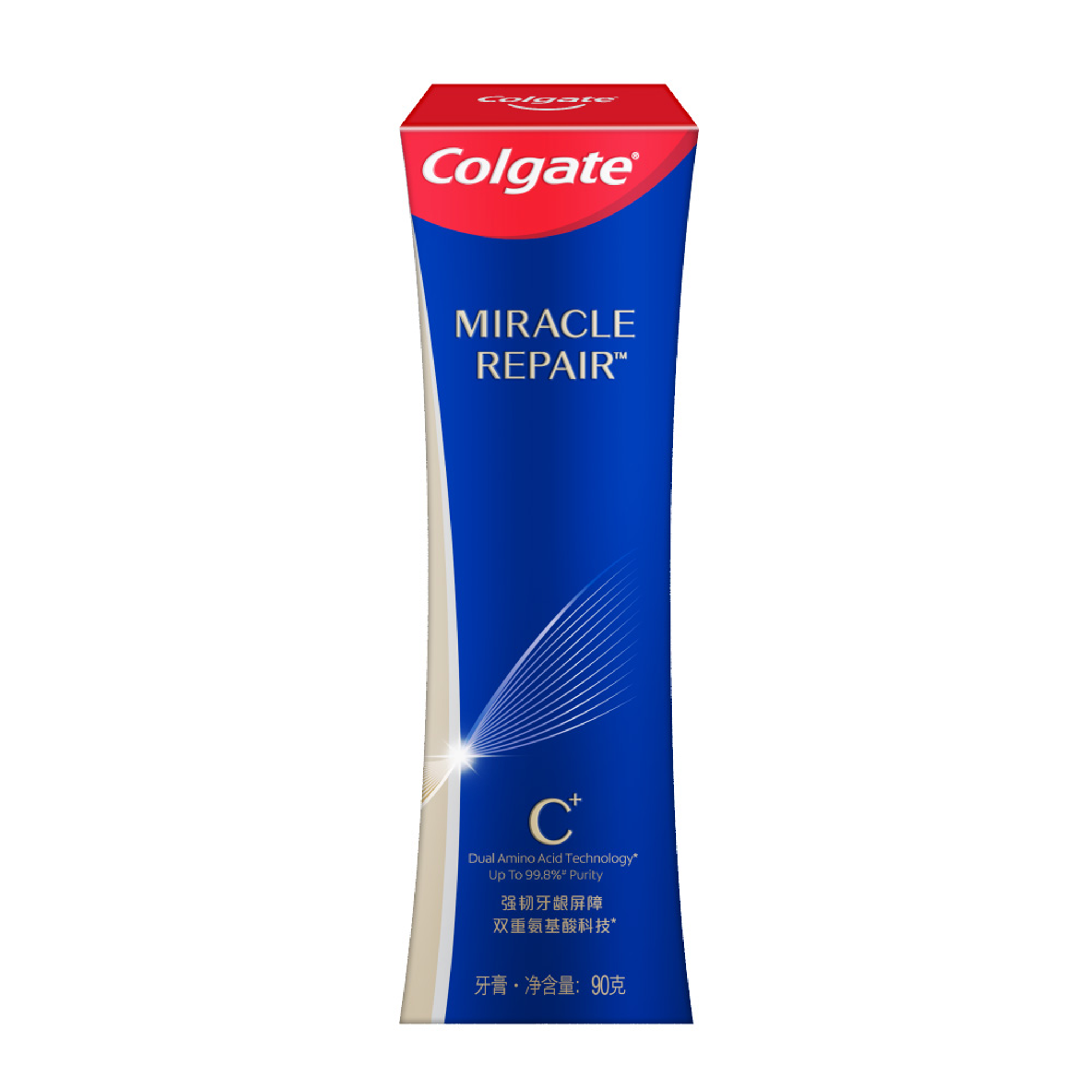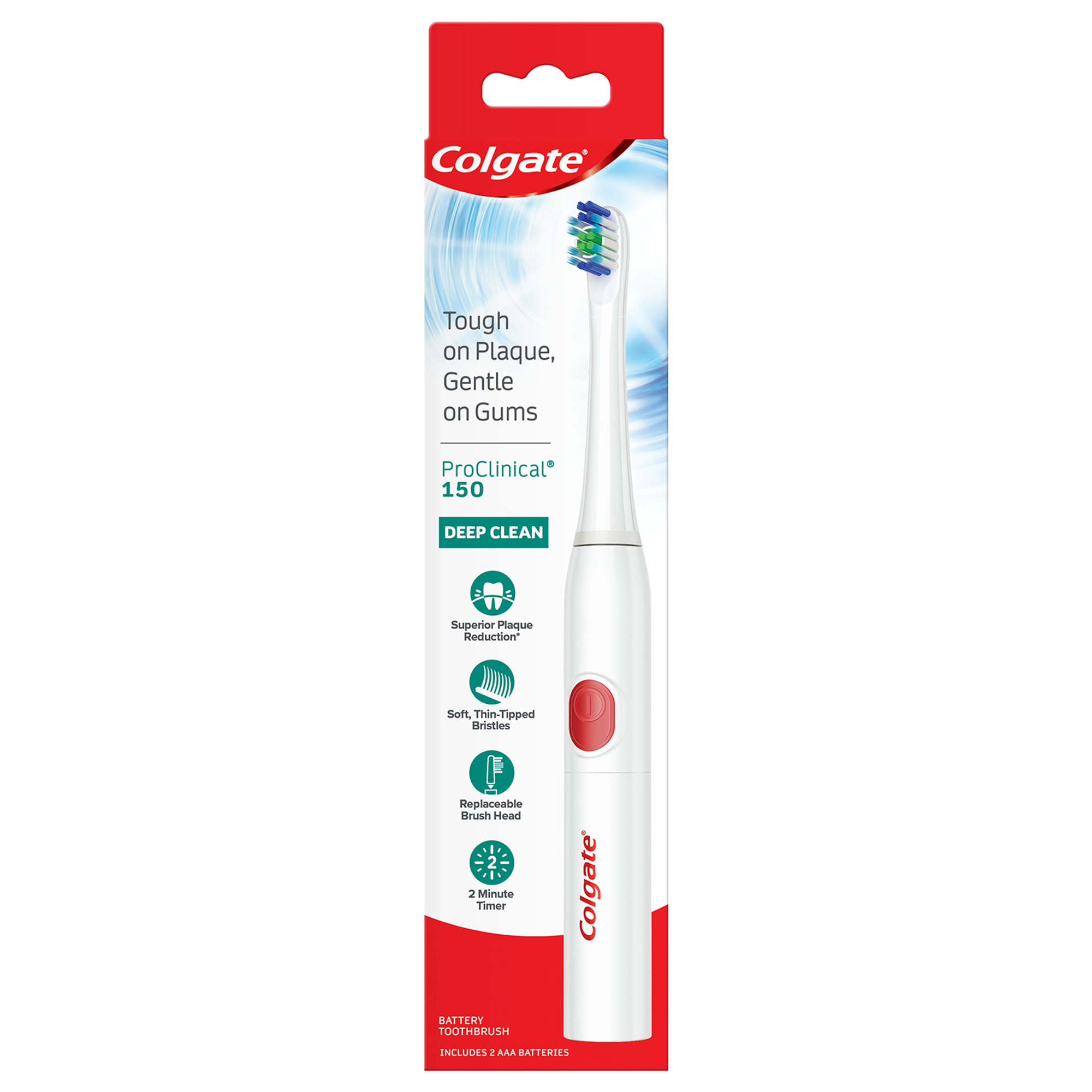Components of a Dental Implant
There are three (possibly four) parts to the dental implant process. The actual implant is a post that is surgically placed in your jawbone. The second is the abutment. It is attached to the implant post. Next and final is your crown or removable tooth, which is fitted over the abutment.
Implant Fixture Material
The implant fixture or "post" is made of titanium alloy, which is the same material that hip, shoulder and knee implants are made of. Titanium is very biocompatible, meaning that it shouldn't be harmful to your body's tissue. You're also at very low risk of being allergic to titanium, so that's another reason it's so widely used in surgery.
Implant Surgery
Implants serve as roots for missing teeth. They are surgically placed into your jawbone and are a great solution to the issue of natural tooth roots not being viable. Implant surgery is performed to provide reliable support for your new teeth and is a more permanent choice than dentures or a dental bridge.
According to this human article on dental implants, there are several indications for why you might not be a good candidate for a dental implant:
- You smoke.
- You have diabetes.
- You have poor oral hygiene habits.
- You have osteoporosis.
- You have vitamin D or C deficiencies.
- You don't have a good amount of healthy bone for the dentist to place the implant.
Implant tooth replacement may take several months to complete. A lot of the time is spent healing after procedures to get ready for the next. Let's go over what that process entails:
The first part is the "post" implant placement surgery. This takes about 30 minutes and may require a few stitches. A temporary crown will be placed over this area once the surgery is complete. Note that your mouth must heal entirely from a post implant before the abutment can be attached. The abutment placement is a minor surgery. It takes approximately two weeks to heal post-procedure.
The final step is the artificial tooth placement. You and your dental professional can decide which is the best fit for you. There is a removable tooth option. Or, you can go with a permanent crown. Once your abutment placement area is healed, your dental professional will make impressions of your mouth for your new tooth. The only caveat to this plan is if your jawbone requires a bone graft. That process would be the very first step and can add up to three months to your timeframe.
Risks of Surgery
If you need to replace a tooth, implant surgery is considered a safe procedure. Complications come up if you have certain medical conditions or smoke. Talk to your dental professional about your health history and discuss any potential risks. According to another human article, a few possible complications can arise. They include:
- Infection around your dental implant (peri-implantitis)
- Dental implant loosening/falling out (failed osseointegration)
- Overloading of dental implants
- Nerve and tissue injury
- Sinus inflammation/infection
After Implant Surgery
After your surgery, you may experience some minor face and gum swelling, as well as slight bruising, minor bleeding and pain at the implant site. Your dental professional will provide instructions on how to deal with these issues.
If you've lost a tooth or have one that needs to be removed, a dental implant may be the perfect option for you to get your complete smile back! It's a lengthy process, but the good news is, when it's finished, you won't have to worry about your new tooth decaying. False teeth don't get cavities! Still, it is essential to keep up with routine care and dental visits. This will ensure the site around your implants stays clean and the remainder of your mouth remains healthy and bright.














